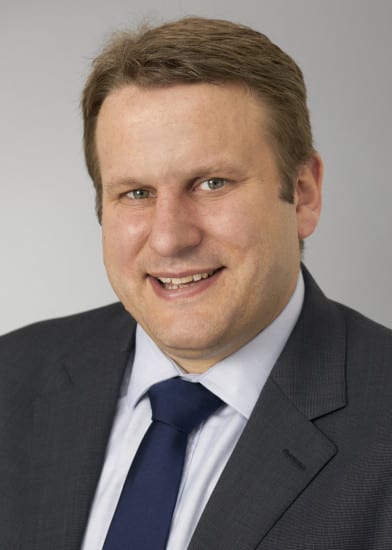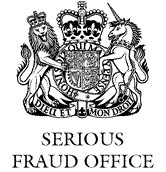Phil Beckett, partner at Proven Legal Technologies – the corporate forensic investigation and e-disclosure experts, comments on the latest news that the Serious Fraud Office (SFO) has made its first convictions under new anti-bribery laws.
“The SFO has finally got a tick against its name, but who’ll be next?
“It is good to see that the Serious Fraud Office (SFO) has finally come out of the starting blocks by making its first conviction. This will certainly embolden the SFO, which will be more proactive than ever before in its approach towards tackling bribery and white-collar crime. Now more than ever, firms should examine this area more closely. To avoid the wrath of the SFO, firms will need to implement a mixture of good policies, procedures, and training. Whilst these have primarily been viewed as a defence mechanism and best practice in terms of bribery avoidance thus far, they can provide much greater benefits if they are taken further.
Free eBook: Modern Retail Security Risk – Get your copy now.
“When looking into cases of bribery, there are often signs of deviant behaviour hidden within the vast quantities of data that passes through or is stored on the company’s technical infrastructure. Companies must therefore ensure that any allegations/ whistleblowing etc. are followed up correctly – specifically looking at the use of communications. Ultimately, putting in the right systems that perform robust data audits of e-mail and chat data needs to be a priority for firms so that they can nip any suspicions in the bud before they rise to the surface.”
By Phil Beckett, Partner at Proven Legal Technologies
 Bio: Phil Beckett is a Partner at Proven Legal Technologies and joined the team after spending seven years leading Navigant Consulting Inc’s European Forensic Technology practice.
Bio: Phil Beckett is a Partner at Proven Legal Technologies and joined the team after spending seven years leading Navigant Consulting Inc’s European Forensic Technology practice.
Throughout his career Phil has provided advice to lawyers, regulators, corporate entities, not-for-profit organisations and other stakeholders in relation to forensic investigations and e-disclosure projects in both the public and private sectors in the UK and also internationally. He specialises in advising clients concerning the preservation and investigation of digital evidence, the interrogation of complex data sets and the disclosure of electronic documents. He is also a qualified fraud examiner and has been a recognised court expert in relation to various aspects of digital evidence, producing numerous expert reports.
The opinions expressed in this post belongs to the individual contributors and do not necessarily reflect the views of Information Security Buzz.



